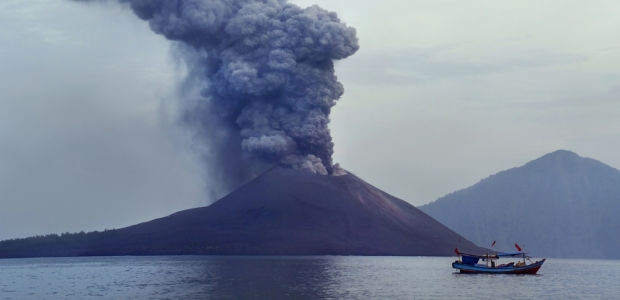
Volcano Scientists Gathering in Washington State
The International Volcano Observatory Best Practices workshop is taking place in the United States for the first time this week in Vancouver, Wash.
The United States is hosting the international Volcano Observatory Best Practices workshop for the first time this week in Vancouver, Wash. Previously the meeting has been held only in Italy. The Nov.15-18 event allows volcano observatory staffers from around the world to exchange ideas and best practices with each other, according to the U.S. Geological Survey (USGS).
"In order for volcano observatories to create the very best assessments, they collaborate and exchange information, methods and insights with international counterparts," said John Pallister, chief of the joint USGS and U.S. Agency for International Development Volcano Disaster Assistance Program. "One of the many ways that scientists collaborate is through meeting face to face at international workshops."
This workshop is focused on the importance of developing long-term hazard assessments. Representatives from more than 20 volcanically active countries will participate.
There are about 1,550 potentially active volcanoes globally, which highlighs the need for international collaboration to help save lives and property. "istorically, volcano hazard zonation maps and assessments are created by scientists who study the eruption frequency and distribution of eruption products at individual volcanoes," said Wendy Stovall, a USGS geologist. "Increasingly, this geologic information is added to databases where dynamic hazards maps can be developed along with longer-term models and shorter-term forecasts of eruption impacts."
The VDAP program helps developing nations reduce their risk from volcanic eruptions. It is the first worldwide volcano crisis response team and was established in response to the 1985 eruption of the Nevado del Ruiz volcano in Colombia that killed more than 23,000 people.